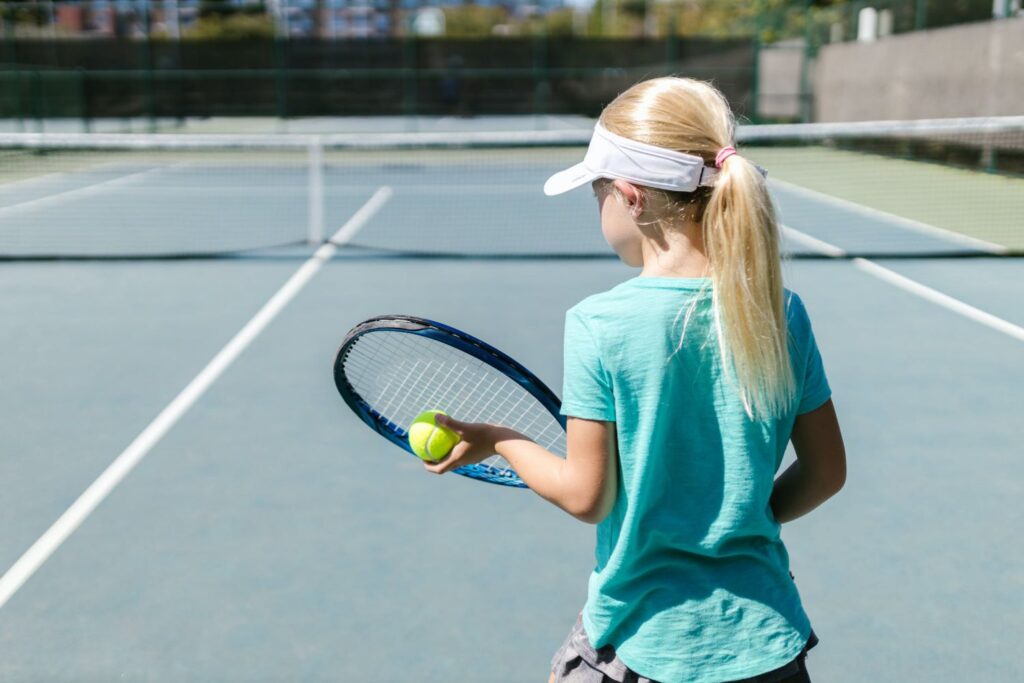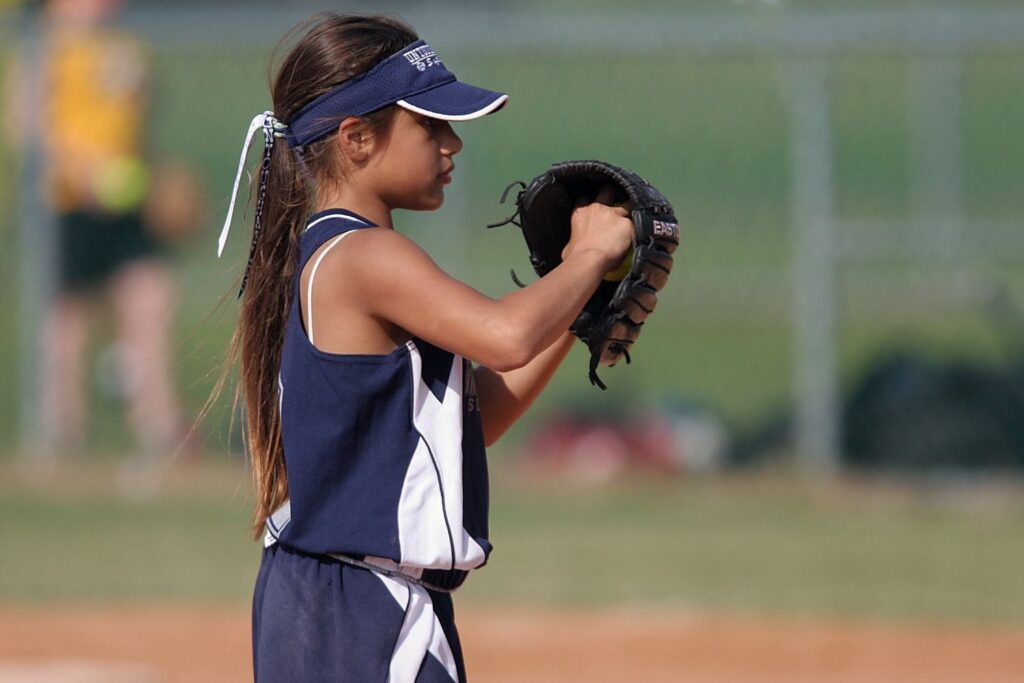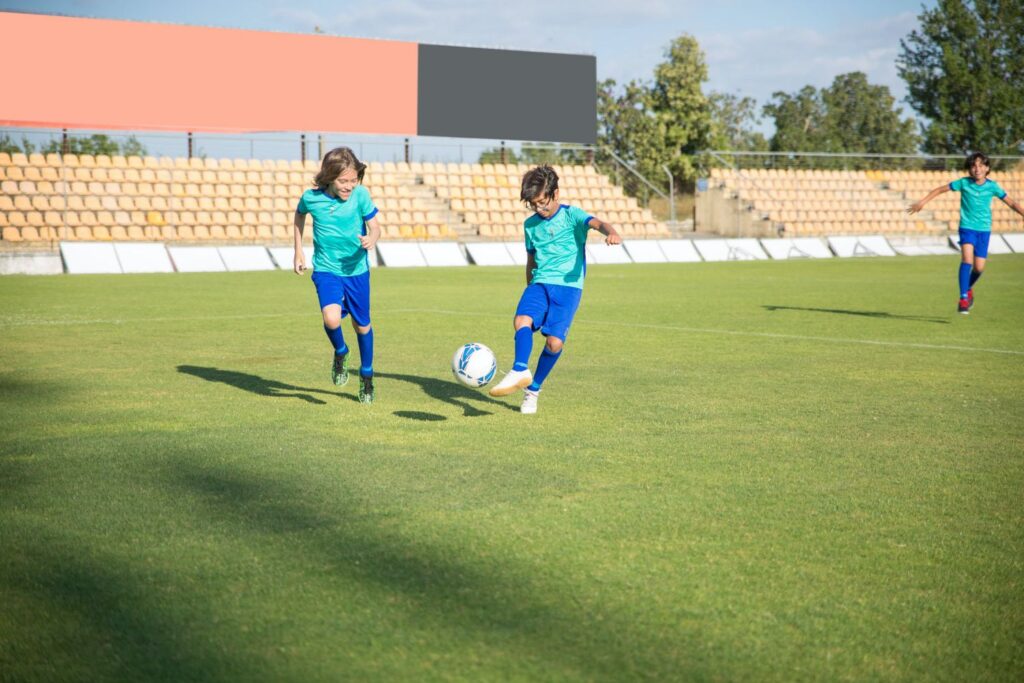Children experience complex and important needs as they develop. These range from physical to mental; individual to social; relational to education; and more. As a parent, it can be daunting to figure out how best to provide for those needs and ensure that your child is growing up to be physically and mentally healthy.

A number of significant challenges exist today that affect childhood development and can be difficult to navigate. However, powerful aids exist that can support you as a parent who is working to avoid common difficulties and help your child excel in all areas.
Table of Contents
Physical and Mental Health Concerns that Commonly Affect Children and Adolescents
A number of hurdles exist that have increased significantly in prevalence in the last decade amongst children and young people. They range from mental health difficulties to physical health challenges. Experiencing both physical and mental/emotional adversity can negatively affect a child’s overall mentality.

Thus, it’s important to be aware of the various challenges children may experience, and especially those that have become much more common in recent years, during the course of their development. These are a few of the most widespread health challenges children experience that can negatively affect a child’s mentality and wellbeing:
- Obesity (defined as weighing 20+% more than the recommended weight for an individual’s height). The rate of childhood obesity has risen from ~5% in the 1970’s to ~20% in 2021 according to studies. Many factors are cited as probable reasons for this. These range from genetics to unhealthy or inadequate sleep habits, poor diet, lack of physical activity, and more.
- Anxiety and depression. Mental health challenges include experiencing anxiety and depression. Though these emotions can be experienced by almost anyone from time to time, long-lasting or severe cases of anxiety or depression (or both at once) are on the rise. These conditions fall into the category of mental illness, especially if not treated early on. Cases of diagnosed anxiety and depression amongst children and adolescents have also risen substantially in recent years and are often associated with increased technology use, decreased social interaction and play, increased pressure, and limited supportive networks.
- Social Isolation. Because of the technology-laden and increasingly separated spaces in which many children can spend a majority of their time (especially as a result of the COVID-19 pandemic), social isolation is becoming a reality for more and more children of all ages. Social isolation can refer to either an externally mandated separation from others in terms of physical proximity, or can refer more internally to a state of not being able to, or not desiring to, connect personally and relationally with other people. Social isolation can happen to people of any age but children that experience social isolation are particularly vulnerable to long-term effects because this state inhibits healthy development of relational and emotional regulation skills that are critical for functioning well in community and society.
The Benefits of Involvement in Sport
The problem areas listed above are large and can be tough to tackle or prevent. It takes intentionality and application of effective tools to help protect children from experiencing one or more of the above difficulties.

Though there are other tools that can be used with great success in helping children avoid the conditions listed above, one effective method of proactively combating them is the use of sport participation. Sport involvement can create a number of documented benefits for participants. Sport is available in a wide range of varieties, commitment levels, and settings. Sport programming exists for children of all ages and can usually be quite accessible no matter what geographical location you might find yourself living in. Sport can contribute in a number of ways to the physical and mental health of your child:
- Weight management and physical fitness. Physical activity, which is fundamental to virtually every sport, is a bedrock measure for preventing and combating obesity. Maintaining recommended physical activity levels is one of the best ways to keep obesity at bay.
- Cognitive function. Sport involvement provides participants with the opportunity to practice problem-solving, skill enhancement, and brain elasticity in ways that other activities and settings cannot. Sport involvement can complement and benefit other forms of mental and cognitive function including academic work and other extracurricular activities like learning a musical instrument or engaging in art.
- Mental health benefits. Physical activity and exercise is principal recommendation for avoiding and treating mental health difficulties including anxiety and depression.
- Community and social interaction. Sport involvement creates a natural community and gives children opportunities to practice engaging with a variety of people. Learning how to interact well with teammates, opponents, referees, coaches, parents, onlookers, and others creates significant opportunities for social awareness and growth.
Though the challenges that face childrens’ mentalities and health are larger than ever, there is hope. Activities like sport involvement can significantly impact a child’s physical and mental health in a wide range of positive ways. Whether your child may be exhibiting symptoms of the major challenges listed above or not, sport involvement can aid his or her development and help avoid some of those pitfalls that are difficult to traverse.
Read: How Jungle Gyms Benefit Children’s Development













